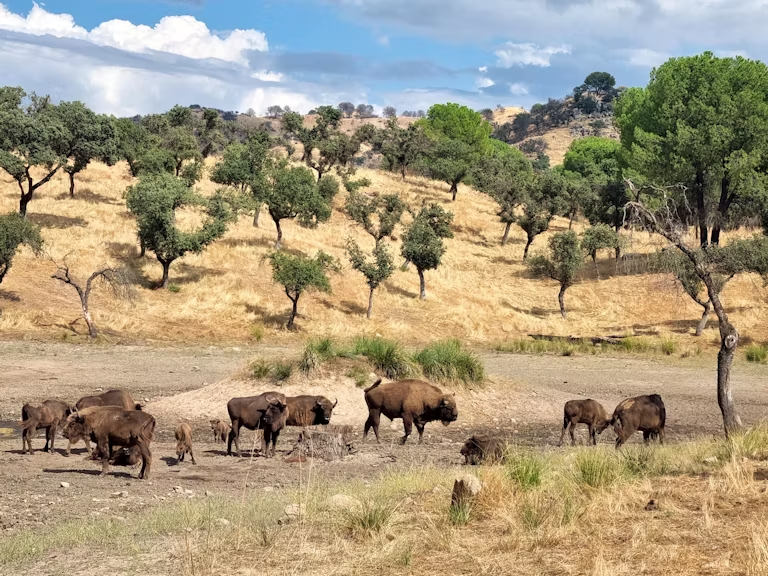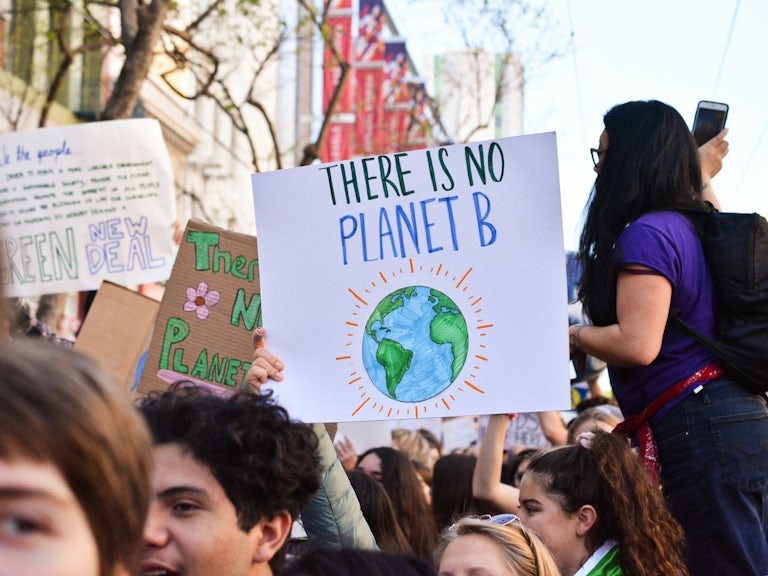Q&A with Malaika Vaz
National Geographic explorer, TV presenter and wildlife filmmaker, Malaika Vaz, recently fronted the #ReadyToRewild promo that launched World Rewilding Day. We ask her about rewilding in India and her experience of the wild.

Published 24/03/2021
World Rewilding Day launched this year (March 20th) with a short promo narrated by Malaika Vaz, a young presenter and wildlife filmmaker from India. We caught up with Malaika to find out a bit more about her, her work and her views on rewilding in India and around the world.
Hi Malaika. We loved meeting you during the making of the Global Rewilding promo. Can you tell us a little about what you do, please?
I’m a wildlife filmmaker and TV presenter. I present, produce and direct documentaries on the environment for global media networks like Nat Geo Wild, Discovery Channel, the BBC, Al Jazeera and Animal Planet. I run a production company and get to work with a really talented and fun team in some of the most remote and hostile habitats as part of my work telling stories about our planet.
How did you got into nature and the wild?
I think I’ve always known that I was destined to spend a lot of time adventuring in the wild, whether that is hiking in the Himalayas or diving in the mystical islands of the Andaman and Nicobar archipelago. When I started out as a filmmaker at 18, I instinctively knew that it was the right career for me as it allowed me to explore threatened wild places and communicate the stories of those ecosystems and communities to the world.
I think the most incredible part of being a wildlife presenter and filmmaker is that it allows me to communicate stories about the natural world to millions of people through television or digitally — and hopefully inspire more young people to protect our amazing wildlife. Today our natural world in India, and globally, faces many threats, and I believe that it is my responsibility to create compelling, evocative documentaries that can make my generation fall in love with the natural world and be inspired to create some real conservation impact.
Where do you live now?
I live in Goa, a small state on the west coast of India. My country is one of the best places to be for a wildlife filmmaker given the diversity of wild habitats and biodiversity that we have.
What does nature mean to you?
Nature is also my happy space, a place where I get to live out my explorer dreams and learn new things about the world. I’m really fortunate that my work allows me to be out there in nature, filming in different habitats — from forests to mountains to deserts to oceans.
What does rewilding mean to you?
Given our warming climate and the extinction crisis we are confronted with, nature-based solutions are important right now. And rewilding represents hope to me, as it is a new narrative that moves away from just conserving the little we have remaining — and focuses on also restoring and reviving what we’ve lost at scale. When we give nature space, time, and a bit of impetus sometimes, it will bounce back.
I believe so deeply in the need to rewild, which is why I was honoured to present our #ReadytoRewild video! A few years back, I wrote an article about an incredible rewilding initiative (Mangroves of Appa) that conserved 10,000 hectares of mangroves on the east coast of India.
More recently, I worked on a film for a TV network which focused on a newly created conservation reserve in Karnataka that once lay barren due to granite mining, but today, with the right policy protection, is home to so much wildlife. And even just seeing how the shaven slabs of granite are now replaced by the first crop of vegetation after years was really inspiring!
What has been the most memorable part of your working career so far?
Besides the TV projects I work on, my co-producer Nitye Sood and I filmed a feature-length investigative documentary on the transnational trade in Manta Rays across four countries in Asia. While it was a difficult story to present and direct, especially in the wildlife markets of China, my favorite part was spending hours in the ocean free-diving with these incredible animals at an aggregation spot where you see nearly a hundred at a time sometimes. They come right up to you and are so curious that they often want to inspect you by pushing you around a bit underwater!
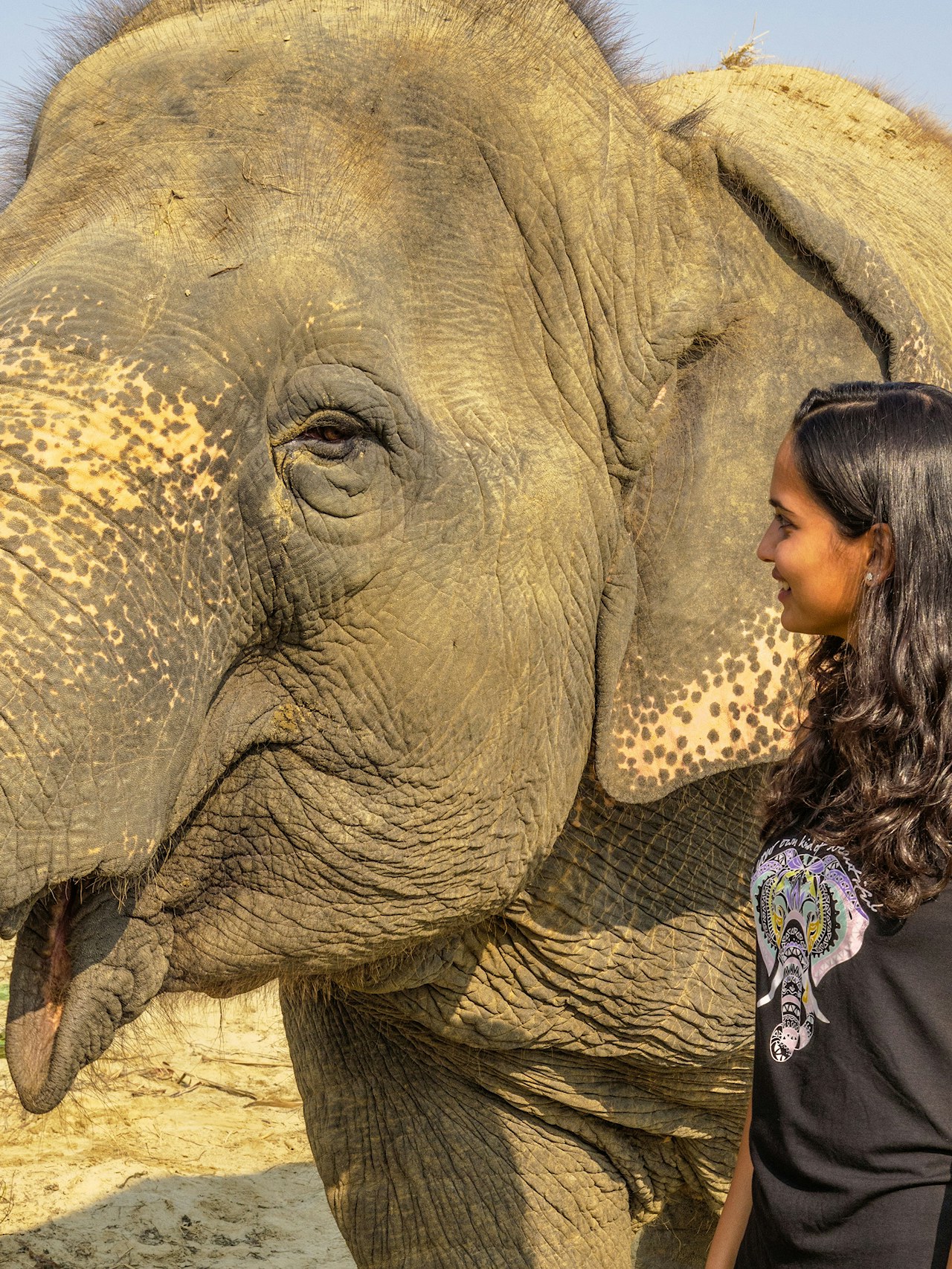
Could you share some of the key things you’ve learned?
Filmmaking is a constant process of learning, but two things I can think of right now are that film, when created with a tangible end action in mind, can create a real difference. And that environmental messaging has to explicitly talk about the benefits conservation brings to individuals, economies and governments and not just the environment to be successful.
What do you see as the big issues facing nature/people in i. the region where you live? ii. India? iii. the world?
I think unregulated, poorly planned infrastructure projects that cut into wild habitat are one of the biggest threats to nature, and they directly compromise our commitment to intergenerational equity. And yet so often when it comes to conservation issues, we have these extremely critical invectives about small-scale poachers and environmental criminals — without looking into the bigger systemic factors that cause the decline of human health and wildlife populations.
How do you feel about the future?
I honestly feel really hopeful and optimistic about the future right now but I think we need to have a sense of urgency in all our efforts. I often think about our relationship with nature and I think it’s imperative for us to see ourselves as stewards of the planet who have a huge responsibility. We have caused so much environmental destruction, but we’ve also innovated and created rockets and robots, designed flying machines that transport us, got smartphones into every part of the planet, created mind-bending art, film and music, and connected with people across boundaries — so there’s no reason why we can’t come together to turn things around.
What do you think we all need to do to make things better for wildlife and people?
I think local communities need to be at the forefront of driving conservation efforts. When you have local communities as the leaders of conservation efforts and not just token stakeholders, that’s when real conservation can succeed.
The neighbours of endangered species need to be empowered to make decisions about the fate of these animals on an everyday basis because they know the land better than anyone else and they understand wild animal behaviour better than anyone else. And basically, once you empower them to be in charge, this ownership translates into conservation action that’s tangible, and long-term.
What can young people do?
I think every single person has a valuable skill set that can add value to existing conservation efforts. Whether you are a writer, filmmaker, artist, biologist or a lawyer in the making, you have a valuable skill set. And today, as we confront an extinction crisis, we have a huge responsibility to leverage our individual resources and find innovative ways to use our skills and passion to decisively protect the natural world.
Anything else you’d like to say to people following or interested in or wondering about the world rewilding movement…?
I think this pandemic has shown us what happens when we break boundaries between the wild and our societies and when we impinge on ecosystems/have an exploitative relationship with wild species. We need more wild spaces to sequester carbon, feed our rivers, keep zoonotic diseases at bay and help industries like agriculture and tourism. We need to rewild our planet as much for our health and safety as a society as for the biodiversity on our planet, and I am so excited to see the work that the Global Rewilding Alliance supports and facilitates in the coming years!
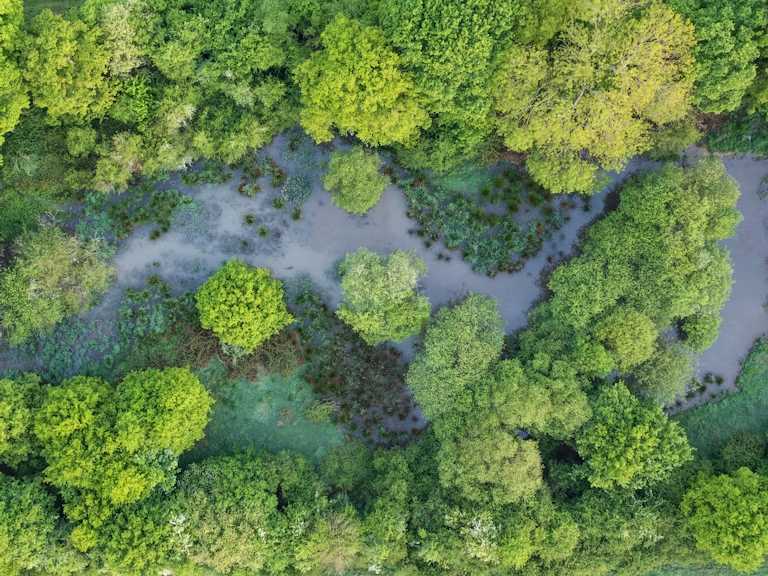
Explore our Rewilding Manifesto
We need UK Government to Think Big and Act Wild for nature, people and planet.
Learn more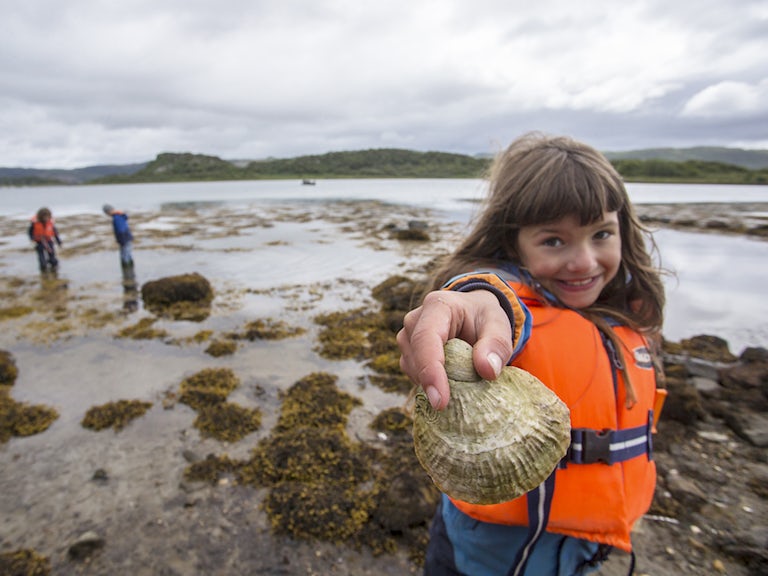
Our vision
We have big ambitions. Find out what we’ve set out to achieve through rewilding.
Our 2025-2030 strategy


